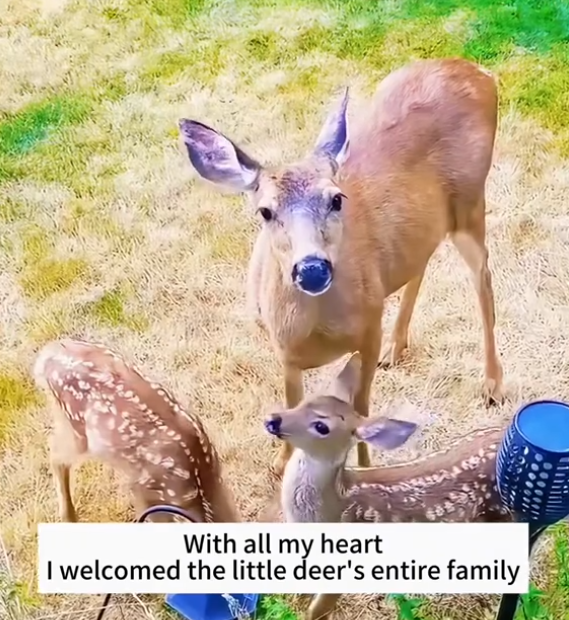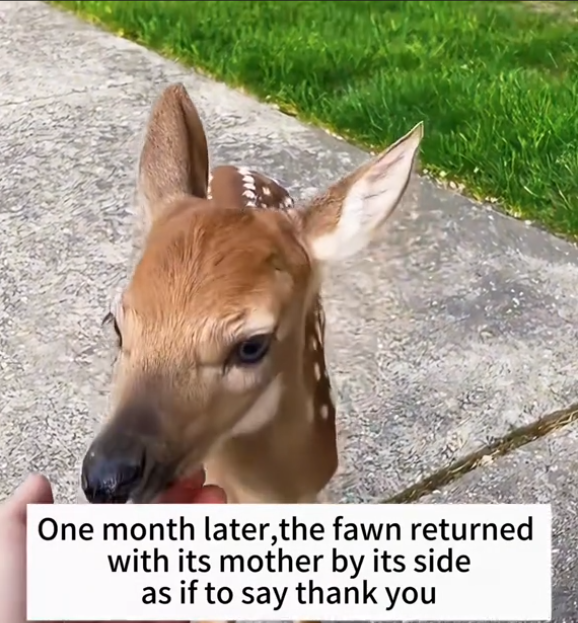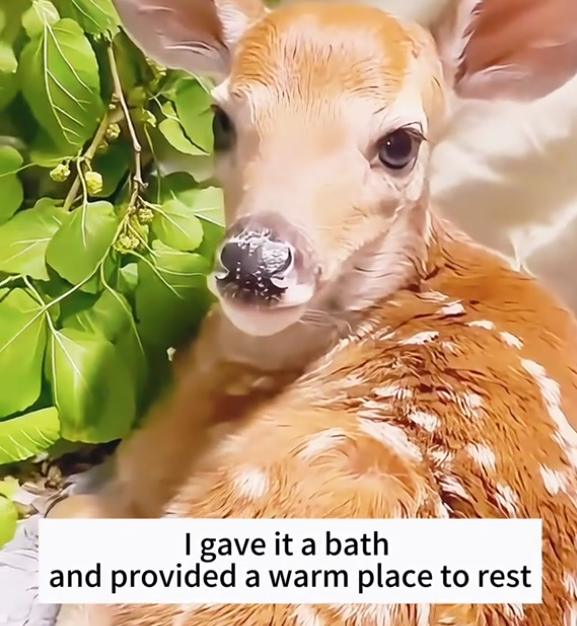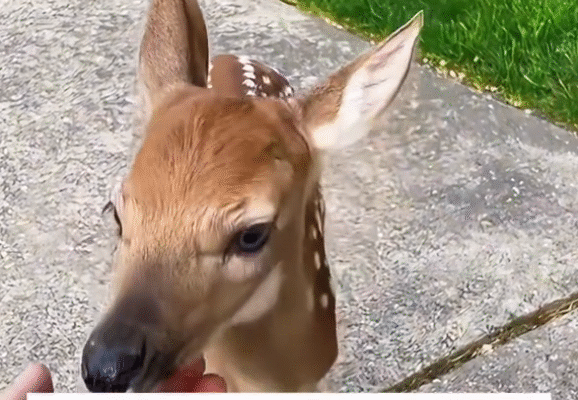
When little Ellie was brought into the shelter, she was barely two weeks old, her eyes just beginning to open. Wrapped in a worn towel and placed gently into a cardboard box, she had no mother, no siblings, and no name—only a scribbled note: “Found under porch. Crying. Please help.”
The staff at Rosewood Animal Rescue had seen this kind of thing before, but that didn’t make it any easier. The tiny kitten weighed less than a pound, and without a mother to nurse her, survival was uncertain. But among the volunteers, there was one woman known for stepping up in situations just like this.
Her name was Marian. Sixty-two years old, retired librarian, and known around the shelter as “The Cat Whisperer.” She had fostered over fifty kittens in the past five years—always the tiniest, the most fragile, the most in need. Marian never planned on keeping any of them, but she always gave them everything they needed while they healed, grew, and prepared for a forever home.
When the shelter manager, Bree, called her that afternoon, Marian didn’t hesitate.
“How small?” she asked, already pulling out the warming pads and kitten bottles she kept ready.
“Palm-sized. No mama. Pretty weak, but she’s got a strong voice.”
“I’ll be there in ten minutes,” Marian replied.
Ellie’s first night in Marian’s home was quiet but intense. She was placed in a heated box lined with soft towels and fleece, safe from drafts and noise. Marian had long since mastered the delicate art of feeding with a syringe—slow, careful drops of kitten formula every two hours, even through the night.
Each feeding was followed by gentle belly rubs to stimulate digestion, a process Marian knew by heart but never rushed. She hummed softly, always talking to the kittens as if they could understand her perfectly.
“There you go, little one. I know it’s not your mama, but it’s the best I can do. Just for now. I’m your temporary mother, okay?”
And that was the unspoken truth. Marian never pretended to be the real thing. She was a stand-in, a temporary mother until the kitten could be strong enough to live her own story.

The days turned into weeks. Ellie opened her eyes fully, revealing bright, curious blue eyes that would someday turn golden. Her ears perked up, her legs grew steadier, and she began exploring the small space of Marian’s guest room, which had long since transformed into a kitten nursery.
Marian documented everything. She kept a chart on the wall—weight, feeding times, litter box training. But more than that, she kept a diary.
Day 4: Ellie meowed extra loud when I picked her up. I think she’s figured out I’m the milk lady.
Day 12: Climbed onto my lap by herself today. Stayed there a whole hour.
Day 19: First purr. It was tiny, like a broken motor, but I heard it. And I cried.
Ellie was thriving. But Marian never forgot that her role was temporary. She reminded herself daily. No attachments. No keeping.
But that didn’t stop Ellie from curling up next to Marian’s neck every night after feeding. Or licking Marian’s chin in her clumsy, kitten way. Or playing with Marian’s shoelaces every time she sat down.
“She’s a heart-stealer,” Bree said when she visited to check on Ellie. “I don’t know how you do it, Marian. Raising them like this, then letting them go.”
Marian smiled but didn’t answer. The truth was, it never got easier.
When Ellie reached her ninth week, the shelter posted her adoption photo. She looked healthy and playful, her little black nose dusted with milk. The caption read:
“Ellie is ready for her forever home! Bottle-raised by our beloved Marian, she’s affectionate, spunky, and full of life. Approved by the best temporary mom in the world.”
The applications came quickly. Families, couples, singles—everyone wanted Ellie.
Marian sat with her tea, reading through each one. Some were good. Others were better. But none felt perfect.
Until she read one from a young woman named Zoe. A quiet teacher who had recently lost her senior cat and wasn’t looking to replace her, just to love again. She wrote:
“I don’t want a kitten because she’s cute. I want to give her a place to be loved and safe. I’m not rushing the grief, but I know I still have more love to give.”
Marian blinked back tears. She called Bree immediately.
“This one,” she said. “Zoe. Ellie belongs with her.”

The goodbye came on a rainy Saturday morning.
Zoe arrived with a soft pink carrier, hands shaking slightly as she signed the adoption forms. She knelt beside Ellie and let the kitten come to her, just as Marian had instructed.
Ellie took a few seconds, then stepped onto Zoe’s lap with a meow.
“She approves,” Marian whispered, and Zoe smiled through her tears.
Then came the part Marian never liked. Handing Ellie over. The final bottle was already packed, along with her favorite toy mouse and a note Marian had written the night before.
“Take care of her. She’s been loved deeply already. You’re not her first mother—but now, you’re her forever one.”
Zoe read it in the car before driving away. She cried. So did Marian, back inside her quiet home.
That night, Marian washed the kitten towels and cleaned the bottles. She placed the heating pad back in the closet and tucked away Ellie’s chart.
Another chapter finished.
But as she poured her tea and settled into her recliner, the phone buzzed. It was a message from Zoe.
A photo: Ellie curled up on Zoe’s chest, purring softly.
The message read:
“She’s home. Thank you, Marian. For everything. She told me you were her best mom.”
Marian smiled and closed her eyes.
“I was just temporary,” she whispered to no one. “But I was approved.”
And that was enough.



